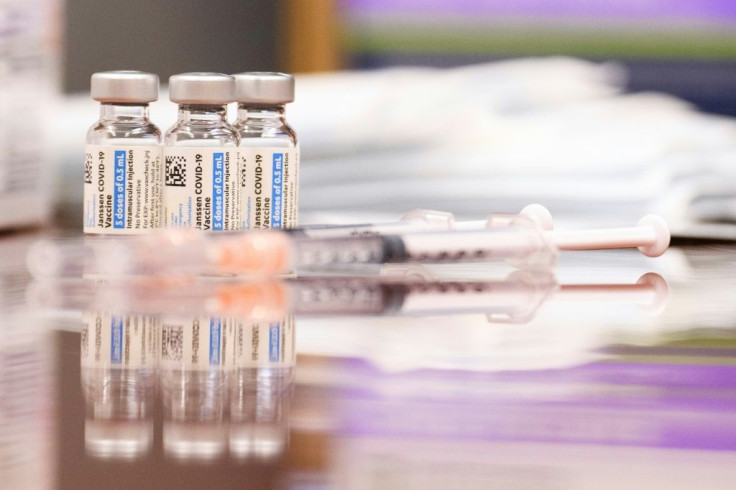US Surgeon General Releases Guide To Help Americans Push Back On Vaccine Misinformation
Surgeon General Vivek Murthy on Tuesday announced a guide to help fight against misinformation about COVID-19 vaccines.
In a press statement accompanying the 22-page guide, Murthy called vaccine misinformation "an urgent threat to public threat" that can undermine the "ongoing work to end the COVID-19 pandemic."
"As Surgeon General, my job is to help people stay safe and healthy, and without limiting the spread of health misinformation, American lives are at risk," said Murthy.
“From the tech and social media companies who must do more to address the spread on their platforms, to all of us identifying and avoiding sharing misinformation, tackling this challenge will require an all-of-society approach, but it is critical for the long-term health of our nation.”
The guidance contains sections that address vaccine misinformation and skepticism.
A central tenet of the advice to individuals who try to dissuade an unvaccinated loved one away from misinformation is to prioritize empathy over judgment. The guide notes that individuals should probe their friends and relatives to understand the reasons for their hesitancy about receiving a vaccine and to not "expect success from one conversation."
For institutions, some of the most extensive advice is directed at technology and social media organizations. Public health officials have long fretted that if left unabated, conspiracy theories and misinformation about the COVID-19 vaccines would continue fueling hesitancy to get vaccinated.
In July, President Joe Biden accused Facebook of "killing people" by continuing to allow the spread of vaccine misinformation that has created an “infodemic” online that hobbles the fight against the virus.
The advisory directly calls on platforms to "take responsibility for addressing the harms" and to "redesign recommendation algorithms to avoid amplifying misinformation." Going further, it suggests that social media companies should expand data access to outside researchers, improve early detection of spreaders of misinformation," and be "transparent with findings" about their own evaluations.

Polling frequently shows that Americans who refuse vaccinations are steadfast that they will not change their minds. A CNBC poll in September found that up to 83% of those who are unvaccinated say that they won't change their minds.
The Kaiser Family Foundation in its analysis of reasons unvaccinated Americans refuse to change their minds found it included a combination of misinformed and debunked ideas about the vaccination's side effects, fears about its safety and distrust of vaccine providers.
Three COVID-19 vaccinations have received full authorization from the Food and Drug Administration to date and they are each shown to be largely effective at protecting against the virus. Currently, 78.8% of Americans have received at least one dose of a COVID-19 vaccine, according to the Centers for Disease Control and Prevention.
The U.S. economy has been slowly recovering from the pandemic, but efforts to vaccinate more Americans has been key to ensuring it keeps moving along. It has been emphasized that the unvaccinated are 10 times more likely to be hospitalized if they contract the virus than those who received a vaccine.
© Copyright IBTimes 2024. All rights reserved.





















